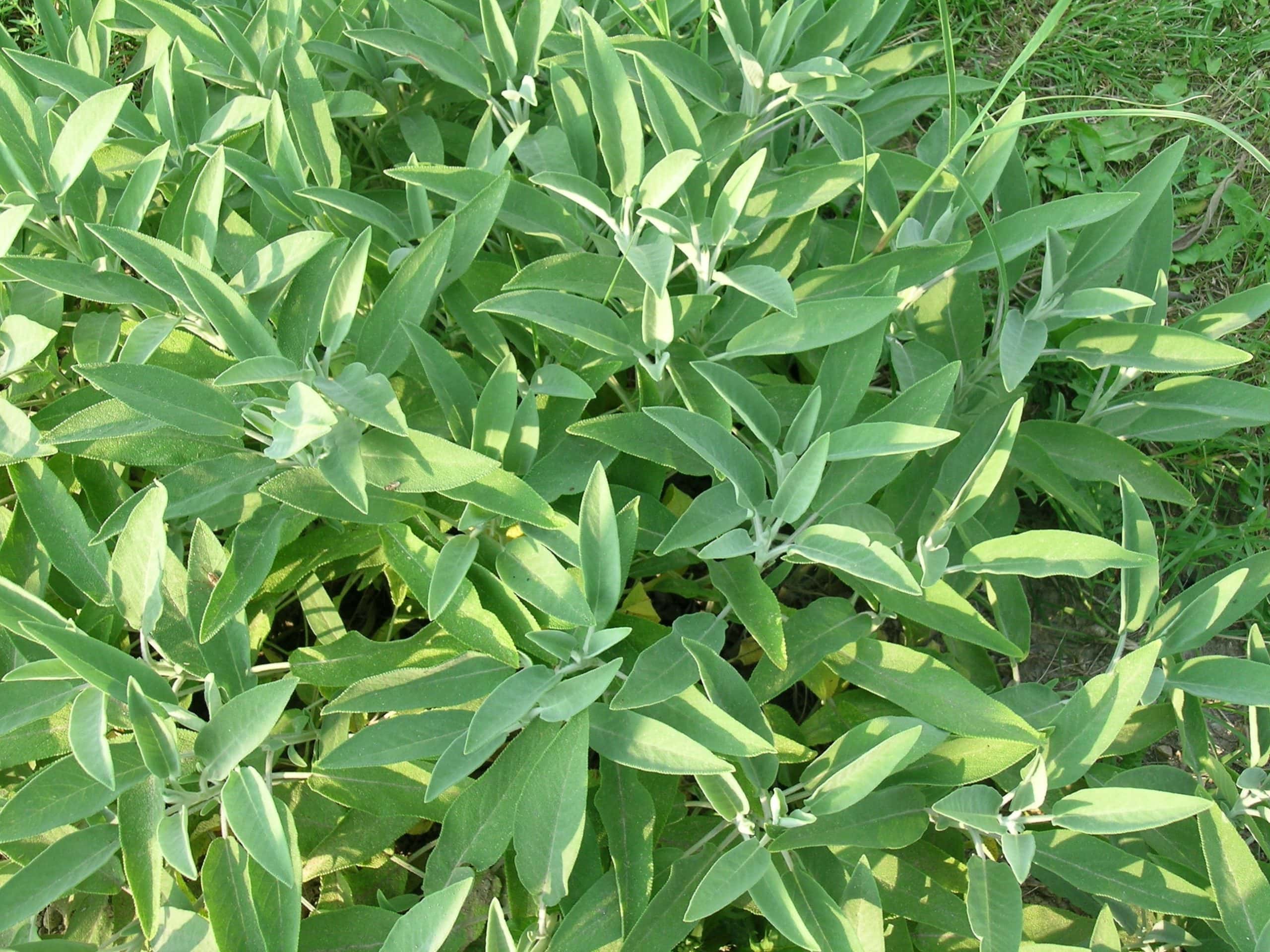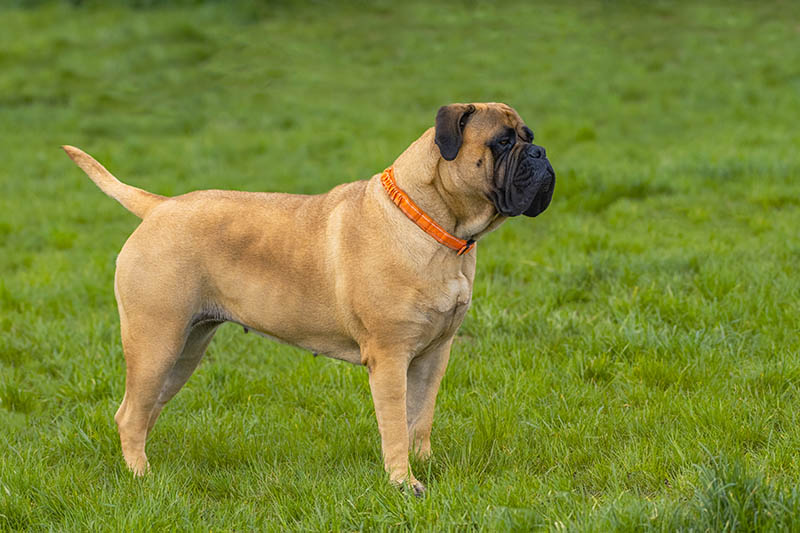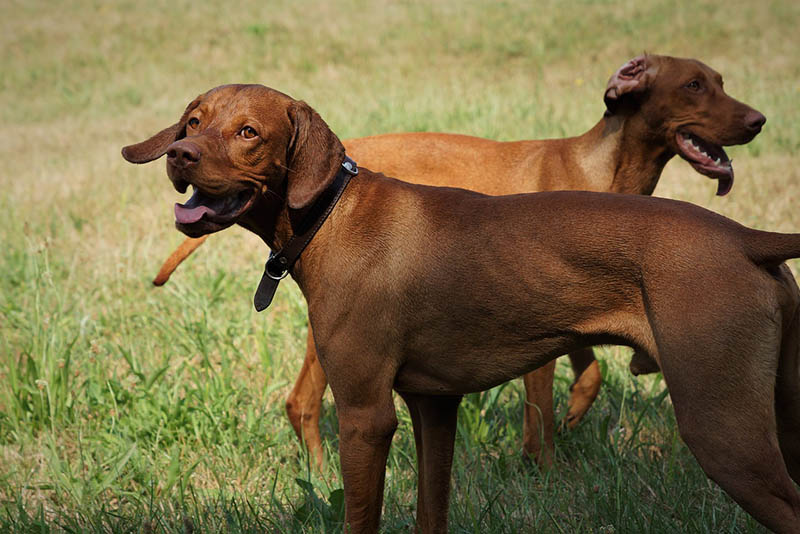Can Dogs Eat Sage? Vet Approved Facts & FAQ

Updated on

Sage is a common kitchen herb found in everything from the Thanksgiving feast to traditional Italian fare. It’s healthy for humans, but can dogs have it? Is it healthy for our canine companions?
Generally, sage is safe for dogs in small amounts. According to the American Society for the Prevention of Cruelty to Animals (ASPCA), all parts of the sage plant are non-toxic for dogs. However, before considering adding sage to your pooch’s diet, consult with your veterinarian.
 What Is Sage?
What Is Sage?
Sage (Salvia officinalis) is a perennial herb part of the mint family. There are different types that have medicinal and culinary applications that go back centuries, though garden sage is the most common variety used in modern cooking.
Along with its culinary uses, sage is grown ornamentally in gardens and offers natural antiseptic, antibacterial, antimicrobial, and astringent properties. Some of the benefits and effects of sage have been proven scientifically, while others remain anecdotal and are currently only applicable to human nutrition, as research on use of sage in dogs is very limited.
- Contains vitamins A, E, and K, which support bone, skin, and eye health
- Good source of trace minerals like calcium, magnesium, potassium, phosphorus, and zinc
- May reduce redness and inflammation when applied topically
- May ease digestive upset
- Antimicrobial properties to fight infection
- Antioxidant properties to reduce free-radical damage
Herbs pack a lot of nutrition, but we tend to use them in small amounts, which limits the benefits. The amount of sage people consume is very small and unlikely to yield consistent or significant health benefits. The same will be even more true for dogs. Adding a mix of healthy herbs to your meals may add up to better health for you, but that doesn’t mean it’ll be the same for your dog. Essential oils, on the other hand, should be avoided, as they contain concentrated amounts of sage and have been suspected to have possibly caused seizures in children when accidentally consumed.

Feeding Sage to Dogs
Though some herbs cause digestive upset in dogs, sage is generally considered safe. There is no available information on how much is appropriate for dogs and whether it could have added benefits or risks. It’s important to serve only in moderation—if at all.
Sage does contain thujone, a chemical compound that can be toxic in extremely high doses. While it’s unlikely you could feed enough sage to hit these toxicity levels, err on the side of caution, especially in small dogs.
Always consider your dog’s size. Feeding small quantities of fresh or dried sage may be fine for large dogs, but it’s easy to go overboard with a toy breed. Speak to your vet about sage for your pooch, and how much may be appropriate and safe.
Also, keep in mind that what’s appealing to humans may not be to dogs. They have different dietary needs, despite evolving alongside us and eating a lot of the same proteins. Too much of a pungent herb like sage could make your dog’s food unappetizing, leading to other problems.
Finally, always monitor for adverse effects. Even small amounts could cause digestive upset in some dogs.
If you have any doubts, be sure to consult with your veterinarian to determine if sage is safe for your individual dog.
 Conclusion
Conclusion
Sage is one of the few herbs that’s non-toxic and safe for dogs in small amounts. It should still be used in moderation and according to your vet’s advice. Going overboard with sage or other herbs can lead to signs of an upset stomach or toxicity, outweighing any potential minor health benefits for your dog. You should always discuss any supplements or dietary changes with your vet to ensure they’re safe.

 What Is Sage?
What Is Sage?









